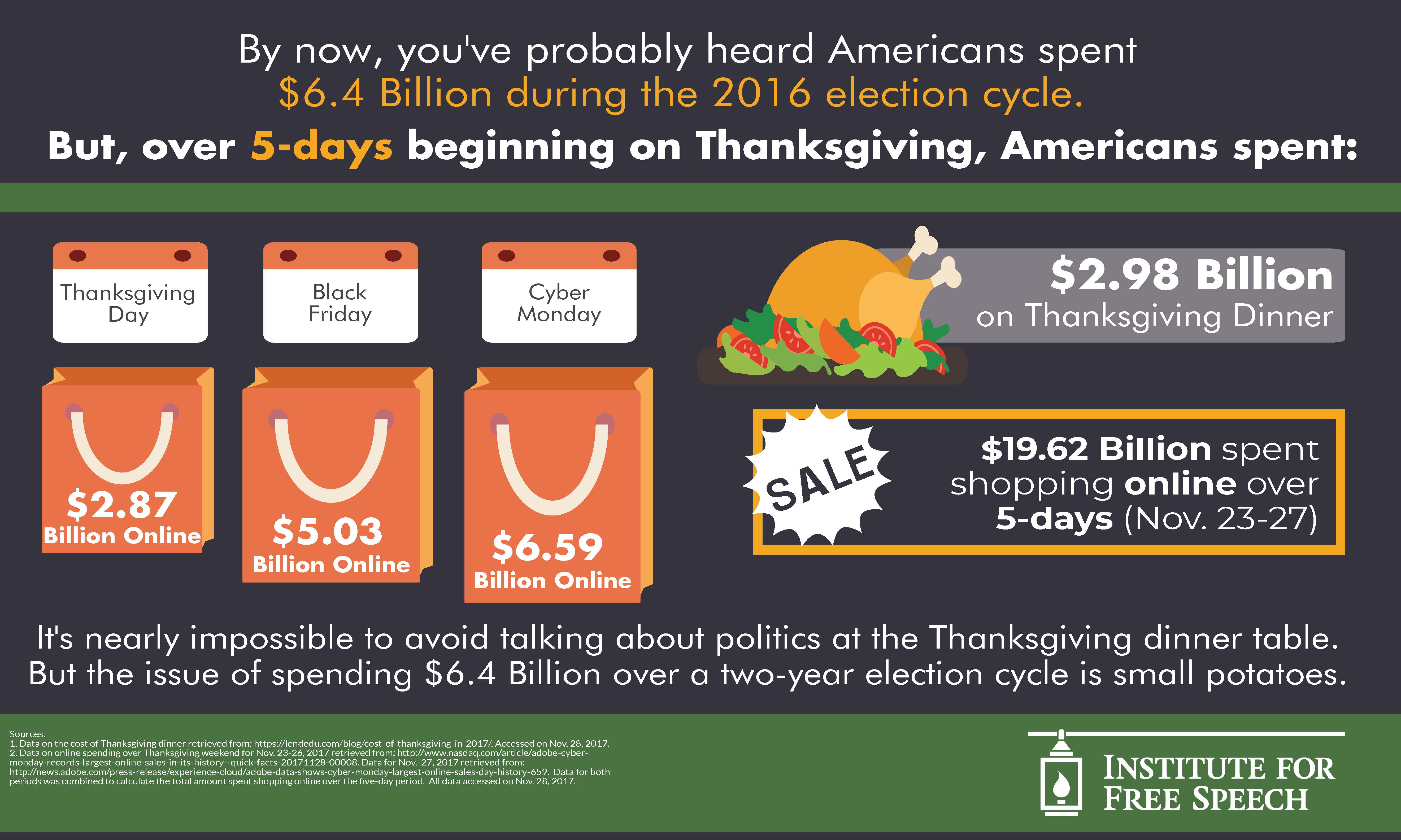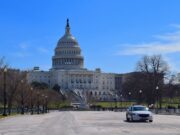A recent study purports to find a new link between the political activities of CEOs and their employees. After reviewing a large sample of S&P 1,500 firms from 1999 to 2014, the researchers found “strong evidence” that changes in the political preferences of CEOs affect employee contributions to candidates, and possibly their voter turnout. The study controls for factors such as geography, regional demographics, and firm-wide ideology. Overall, the authors find that employees give about three times more to candidates supported by their CEO than to others.
This level of influence was remarkably consistent. When a new CEO took over and expressed different political preferences from his or her predecessor, for example, employee contributions followed suit. The effect was even stronger when CEOs tried to intentionally influence their employees. The more politicized these firms were – whether they expressly communicated their political preferences, set up a corporate PAC, advocated for candidates with jurisdiction over their business, or operated in heavily-regulated or lobbyist-heavy industries – the greater the amount of employee contributions.
This report covers new ground in examining corporate involvement in politics. Numerous prior studies have examined how corporations attempt to impact the political process through PACs, independent expenditures, lobbying, or the hiring of former lawmakers. In turn, those in favor of constraining corporate political speech have sought to exploit activist investing techniques and to empower non-expert federal agencies, like the Securities and Exchange Commission, to regulate the speech and affiliations of business entities.
The implications of this study are significant. Since CEO preferences can inspire employees to contribute to a certain candidate, some critics may claim that this influence causes firms to act as singular political entities, rather than as collections of individuals. Activists may take this opportunity to advocate for new regulations on political speech by businesses, such as restrictions on express advocacy by executives in public or internal company communications.
Regulatory advocates might also assert that CEOs cynically back candidates who support their narrow personal interests, rather than the interests of the business, and thus dupe employees into acting against their own well-being. They may argue that regulation is needed to prevent the speech of some from hijacking the speech of others.
Believers in free political speech should counter these arguments if they arise. Attempting to further regulate the speech of firms and individual executives, based on the consequences of content alone, would constitute a direct and blatant assault on the First Amendment. Furthermore, it would represent the continuation of a desperate game of regulatory whac-a-mole with regards to speech by businesses: despite an existing federal ban on direct corporate contributions to candidates, activists have clamored for greater regulation of corporate speech, like independent expenditures by businesses, under the theory that such spending constitutes a corrupting influence on lawmakers. It turns out, CEOs can just as easily raise money by simply stating their political preferences and watching employees voluntarily follow their lead. The practical outcome is the same – the firm is able to support its preferred candidate – but the latter method cannot feasibly be prevented short of wholesale censorship.
Furthermore, the study provides good reason to doubt that CEOs will unilaterally try to exploit this influence to pursue their personal political interests. While the study acknowledges the possibility that CEOs promoting their own agenda could have a welfare-reducing impact on their employees’ contributions, it finds “CEOs appear to exert greater influence on employee contributions in regulated industries and to candidates with jurisdiction over the firm, both of which are likely to be correlated with firm-specific benefits from political activism but not necessarily with CEOs’ political ambition.” A simple reason for this may be that CEOs generally act with shareholders or a board of directors in mind – one should not assume they have free reign over the firm’s political activities for personal gain.
In sum, there is no widespread conspiracy among CEOs and corporate executives to force, fool, or bribe employees into supporting their narrow political interests. It is both reasonable and transparent for executives to share their or their firms’ political preferences with the public or with employees. Individual contributions are not publicly disclosed below $200, so the potential for rewarding, shaming, or punishing individual employees is low. (Ironically, it is regulatory activists who want more public disclosure.) Loosening disclosure requirements and raising this exceedingly low threshold would make it even more difficult for executives and managers to see their employees’ contributions. This would ensure that those who take their employers’ judgement into account when contributing are doing so completely voluntarily.
Why should we put so much stock in the political speech rights of business executives? Despite the unnecessary controversy surrounding this subject, speech coming from a business is not much different than speech coming from a union or an advocacy group. If individuals do not surrender their free speech rights when they combine their resources into a larger organization, it shouldn’t make much of a difference if that organization makes a profit by providing goods and services to customers.
Like anyone else, businesses have a vital stake in the political process. Legislatures and agencies at all levels of government hold the power to tax, regulate, contract, or even ban certain business practices. Firms have a right to advocate for their own livelihoods, and their firsthand knowledge of the industries in which they operate can help them to highlight the economic effects of public policy. The fact that political involvement has been shown to increase firms’ financial returns demonstrates that doing so is in their best interest.
It stands to reason, then, that the chief executives of these firms may also take the lead in explaining how certain candidates and public proposals will affect their business, and, by extension, its shareholders and employees. When the Commonwealth of Massachusetts proposed a tax on ridesharing services in order to subsidize the taxi cab industry, for example, would it have been unreasonable for the CEO of Uber to explain why this would be a potentially harmful or unfair policy?
Regardless of one’s feelings about the speech rights of business entities, this study provides an intriguing look at the interaction between politics and businesses and may warrant future inquiries into that relationship for the sake of greater understanding. In the meantime, First Amendment defenders should be wary of activists attempting to misconstrue these findings to declare free speech – a fundamental and enduring principle of human rights – to be in jeopardy in the face of the latest social science research.














